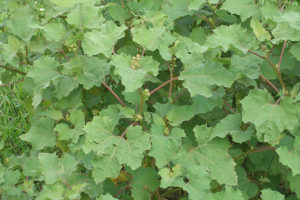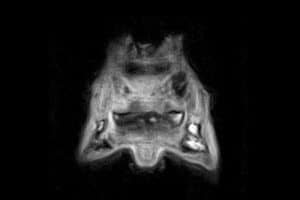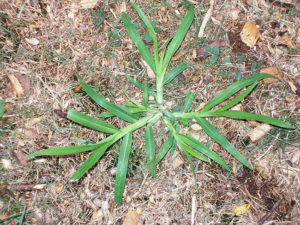New ELISA Test for EPM Diagnosis Developed at the Gluck Center
Diagnostic assays for equine protozoal myeloencephalitis (EPM) developed under the leadership of Daniel Howe, PhD, a molecular parasitologist at the University of Kentucky Gluck Equine Research Center, are now available exclusively at Equine Diagnostic Solutions LLC (EDS).















